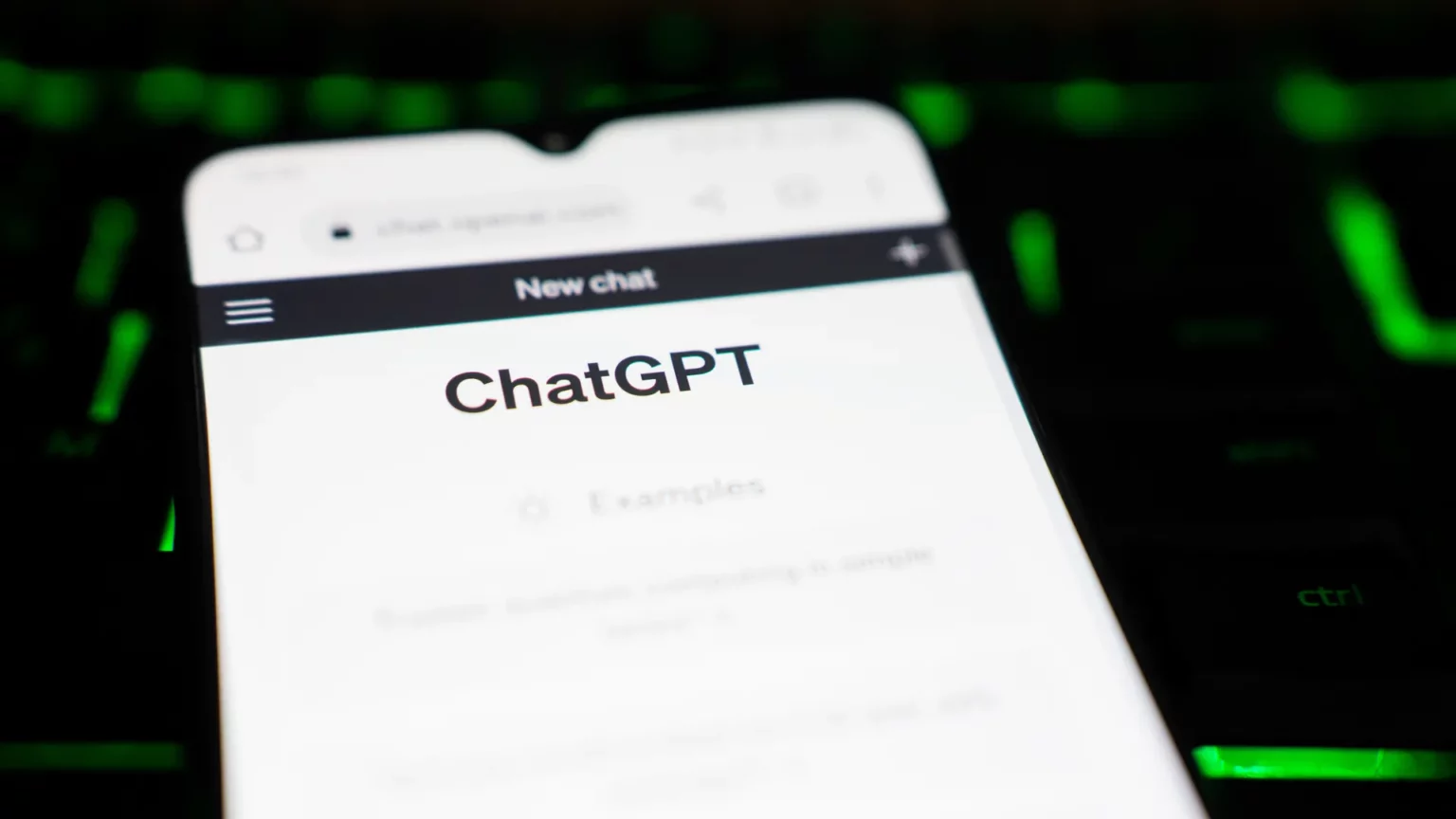OpenAI, a leader in artificial intelligence (AI) research, has made a groundbreaking move by launching a mobile app for its highly advanced AI chatbot, ChatGPT. The app is now available on the App Store for iOS, allowing users to experience the power of AI in the palm of their hands. Android users, while eagerly anticipating their version, will have to wait a little longer, as OpenAI has promised that an Android app will be coming “soon.”
The ChatGPT app provides users with an immersive glimpse into the world of AI, showcasing the remarkable capabilities of a cutting-edge language model. Users can engage in conversations, ask questions, and receive responses that closely resemble human-like interactions. This development highlights the progress made in natural language processing and demonstrates OpenAI’s commitment to making advanced AI accessible to a wider audience.
Previously, ChatGPT was primarily accessed through web browsers, with a few third-party developers experimenting with mobile adaptations. However, OpenAI’s official launch of the ChatGPT app on the App Store marks a significant milestone in making AI more readily available to mobile users.
The app’s availability on iOS devices allows users to harness the power of ChatGPT anytime, anywhere. It opens up a world of possibilities for personal and professional use, enabling individuals to have meaningful conversations with an AI chatbot. From seeking information and advice to engaging in creative storytelling, the ChatGPT app offers a range of exciting interactions.
While Android users eagerly await their version of the app, OpenAI assures them that it is in the works. The Android app is expected to offer similar functionality, empowering Android users with the ability to engage with ChatGPT and access its remarkable language capabilities.
OpenAI’s commitment to expanding the reach of ChatGPT extends beyond platform availability. The company plans to offer a more advanced version of ChatGPT, powered by the GPT-4 language model, for paid users. This enhanced model will provide even faster responses and leverage the latest advancements in AI technology. Free users, on the other hand, will have access to Whisper, OpenAI’s voice recognition software, and the convenience of synchronizing their interactions across multiple devices.
The launch of the ChatGPT app coincides with Google’s own advancements in AI integration, such as Duet AI and generative AI in Google Search. While these features differ from a chatbot, they illustrate the growing integration of AI into various applications, aiming to provide users with reliable information and seamless experiences.
As the boundaries of AI technology continue to be pushed, OpenAI’s ChatGPT app signifies a significant step forward in making advanced language models accessible to a wider audience. With the app’s availability on iOS and the promise of an Android version on the horizon, OpenAI is paving the way for mobile AI experiences that can revolutionize how we interact with technology. The future of AI is becoming increasingly mobile, and OpenAI is at the forefront of this transformative journey.




